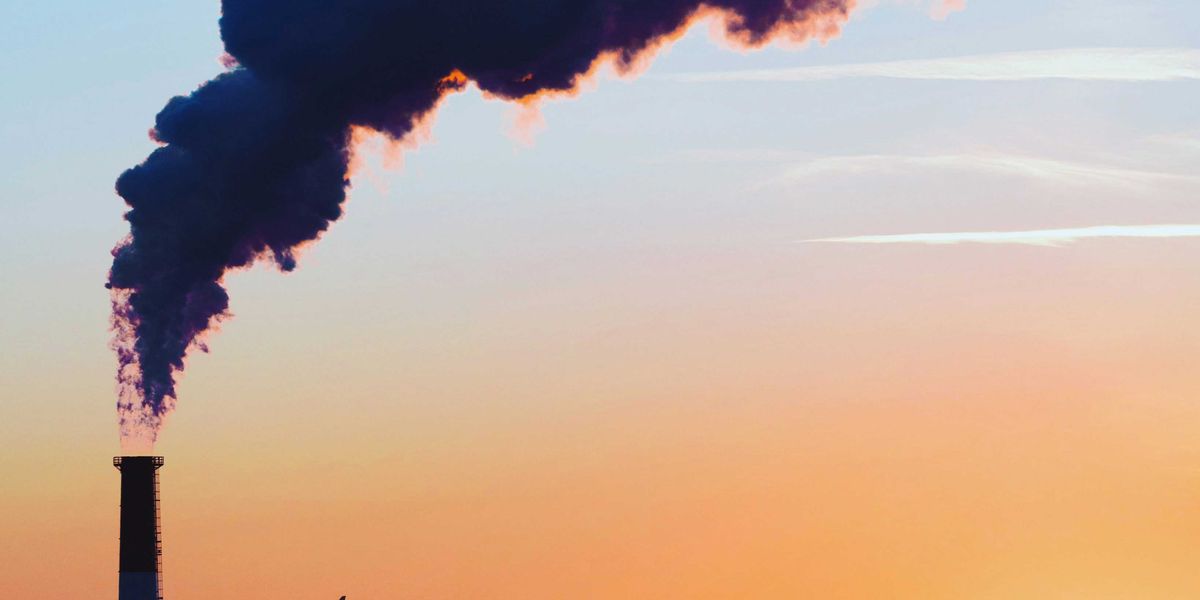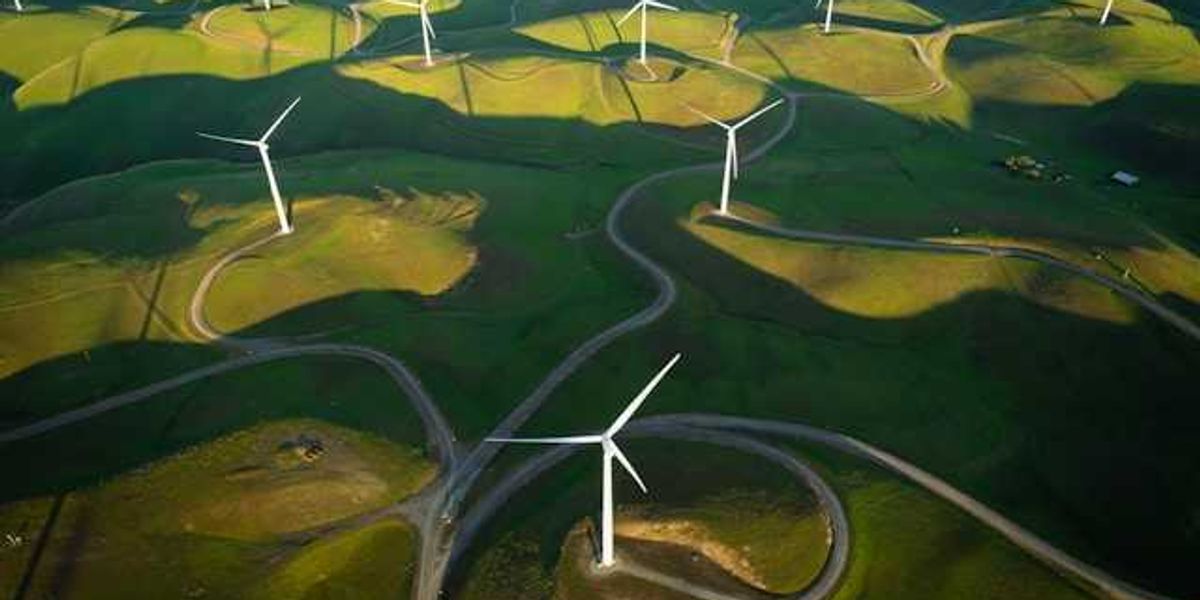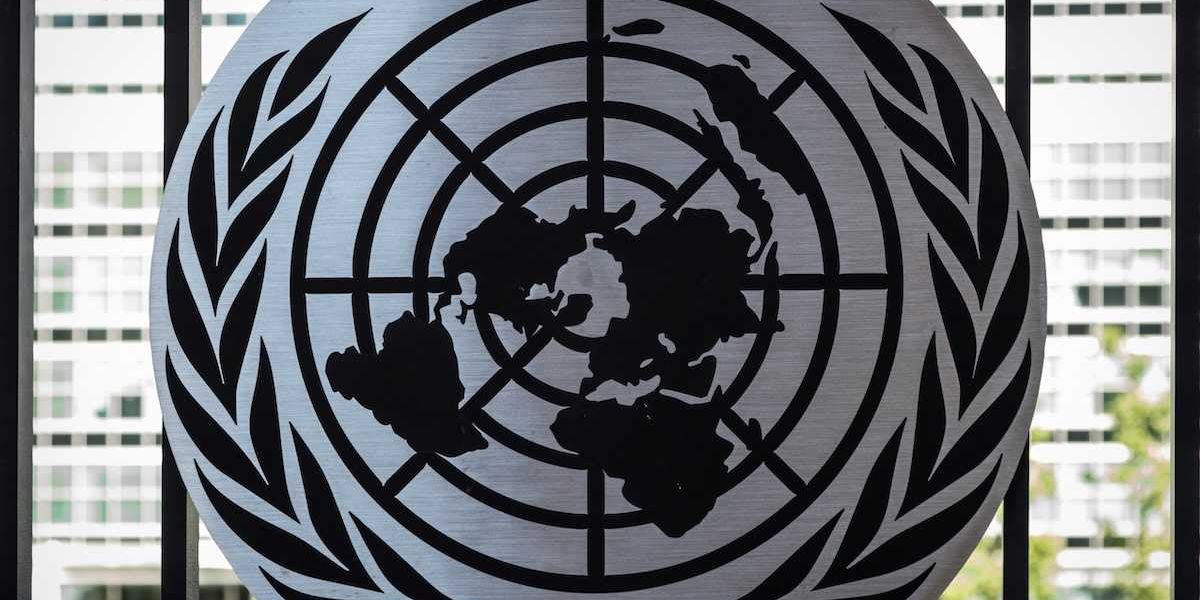litigation
Climate disaster survivors demand legal action against Big Oil
Survivors of climate disasters are urging federal prosecutors to hold fossil fuel companies accountable for their role in worsening environmental crises.
In short:
- Over 1,000 survivors of wildfires, floods and heat waves have signed a letter to the Department of Justice, calling for criminal charges against oil companies.
- The letter argues that major oil firms knew about the dangers of fossil fuels since the 1950s but instead spread misinformation to protect their interests.
- Efforts to hold these companies accountable include legislative actions and lawsuits from multiple states and cities.
Key quote:
"We are tired of being resilient."
— Roishetta Ozane, activist, The Vessel Project
Why this matters:
As climate disasters worsen, holding accountable those who knowingly contributed to these crises is critical for justice. Without action, communities may continue to face devastating losses while those responsible remain unchallenged.
Related: Fossil fuels and petrochemicals may be making us sicker, research says
Indigenous youth are leading the charge in climate lawsuits.
Across the globe, Indigenous youth are taking governments and companies to court, fighting for the future of their land and culture against the devastating impacts of climate change.
In short:
- The Lāhainā wildfire in 2023, fueled by climate change and colonialism, destroyed Kaliko's home, pushing her to join a successful lawsuit to decarbonize Hawaii's transportation system.
- Indigenous youth globally are increasingly leading climate lawsuits, challenging governments and corporations to protect their lands and traditions.
- These legal battles, while often difficult, represent a powerful way for young people to transform grief and anger into action.
Key quote:
"This feeling of loss and grief of experiencing life with climate change — it impacts so many of our traditional ways."
— Beze Gray, Aamjiwnaang First Nation
Why this matters:
For indigenous people climate change is about more than rising sea levels or shrinking ice caps—it's about the loss of ancestral lands, the disruption of ecosystems they've relied on for generations, and the deep cultural connections that are being severed. Read more: Youth activism alone cannot save us: A case for intergenerational environmental coalitions.
Charging climate polluters with homicide
Climate experts and legal advocates are targeting major polluters like TotalEnergies, seeking to hold them criminally accountable for deaths caused by extreme weather events exacerbated by climate change.
In short:
- Elisa's mother died in a historic flood in France, prompting a lawsuit against TotalEnergies, accusing the company of involuntary manslaughter.
- The case is bolstered by attribution science, which links specific climate disasters to emissions from fossil fuel companies.
- Advocates argue that civil lawsuits haven't led to sufficient change, and criminal charges might push for more urgent action.
Key quote:
“The main objective of our litigation is really to hold [TotalEnergies] responsible for past decisions and past and current and future impacts of climate change.”
— Hadrien Goux, French nonprofit Bloom Association
Why this matters:
Legal and scientific minds are teaming up, using cutting-edge climate science to argue that these deaths aren't just tragic accidents but preventable outcomes of corporate negligence. It's a legal revolution with the power to shake up the entire industry and finally put human lives at the center of the climate conversation. Read more: Robbie Parks on climate justice and mental health.
Montana’s Supreme Court debates climate law's constitutionality
A landmark climate lawsuit in Montana questions whether a state law supporting fossil fuel development infringes on constitutional rights to a healthy environment.
Nicholas Kusnetz and Najifa Farhat report for Inside Climate News.
In short:
- Montana's Supreme Court heard arguments about a law that prohibits considering climate impacts in fossil fuel project approvals, challenged by 16 youths.
- Plaintiffs argue the law violates Montana’s constitutional right to a "clean and healthful environment," with potential national implications.
- The state’s defense claims Montana's emissions are too minor to affect global climate change, questioning the court's jurisdiction.
Key quote:
“Any environmental case that gets to the Supreme Court is dead on arrival. That’s why people are going to the states.”
— Patrick Parenteau, professor of law emeritus and senior fellow for climate policy at Vermont Law and Graduate School
Why this matters:
The case could set a precedent for constitutional climate rights, influencing environmental policy and legal actions nationwide, especially as federal regulations face challenges. Read more: Youth v. Montana — Young adults speak up.
Texas’ new appellate court raises concerns for environmentalists
Texas Governor Greg Abbott's recent creation of the 15th Court of Appeals, a body seen as favorable to business interests, has sparked fears among environmental advocates who believe it undermines regulatory oversight.
Jim Morris, Leah Clark and Manuela Silva report for Public Health Watch.
In short:
- The new court, established by the Texas Legislature, will hear civil cases involving the state and significant business disputes.
- Environmentalists worry the court will bypass the more progressive 3rd Court of Appeals, which has historically been more sympathetic to environmental concerns.
- High-stakes cases, including those involving major pollution permits, will now be handled by the new court, potentially weakening environmental protections.
Key quote:
“This is a way for Texas to create a very conservative court that I suspect the governor believes will be less friendly to environmental interests and probably very friendly to business.”
— Ilan Levin, senior counsel, Environmental Integrity Project.
Why this matters:
Critics argue that this move undermines judicial impartiality, potentially leading to laxer enforcement of environmental protections and health regulations. Read more: Texas has more chemical emergencies than any other state and they’re disproportionately affecting Latino communities.
States push for fossil fuel companies to fund climate resilience
Several U.S. states are advancing legislation to make oil companies pay for the climate damages caused by their emissions.
In short:
- Vermont has enacted a climate superfund law, with New York and others considering similar measures.
- These bills, inspired by the federal Superfund program, would make oil companies pay for climate-related damages.
- The proposed laws would calculate costs based on emissions attributed to fossil fuels sold over specified periods.
Key quote:
“States and municipalities are suffering enormous costs from the damage associated with climate change and the money they have to spend now to prepare for the consequences they’re going to face in the future, at the same time as fossil fuel industry actors are posting record profits from creating these harms.”
— Martin Lockman, climate law fellow at the Sabin Center for Climate Change Law, Columbia University
Why this matters:
Climate superfund bills represent a significant step in holding fossil fuel companies accountable for environmental harm. They aim to provide essential funding for climate adaptation and resilience, shifting financial responsibility to those who contributed most to the problem.
Companies face rising number of climate lawsuits
The number of climate lawsuits against corporations worldwide has surged, with over 230 cases filed since 2015, mostly after 2020.
In short:
- Climate-washing, where companies are accused of misleading environmental progress, saw 47 cases in 2023.
- The US led with 129 cases filed in 2023, followed by the UK with 24.
- New climate litigation cases emerged in Panama and Portugal in 2023, adding to the 55 countries recording such cases.
- A growing number of cases were filed in the global south.
Key quote:
"Climate litigation ... has become an undeniably significant trend in how stakeholders are seeking to advance climate action and accountability."
— Andy Raine, head of international environment law at the United Nations Environment Programme
Why this matters:
Increasing litigation pressures companies to get on board with climate goals, potentially changing corporate behaviors. The rise in climate-washing cases reflects growing scrutiny of environmental claims, which could lead to more honest and effective corporate climate actions.








